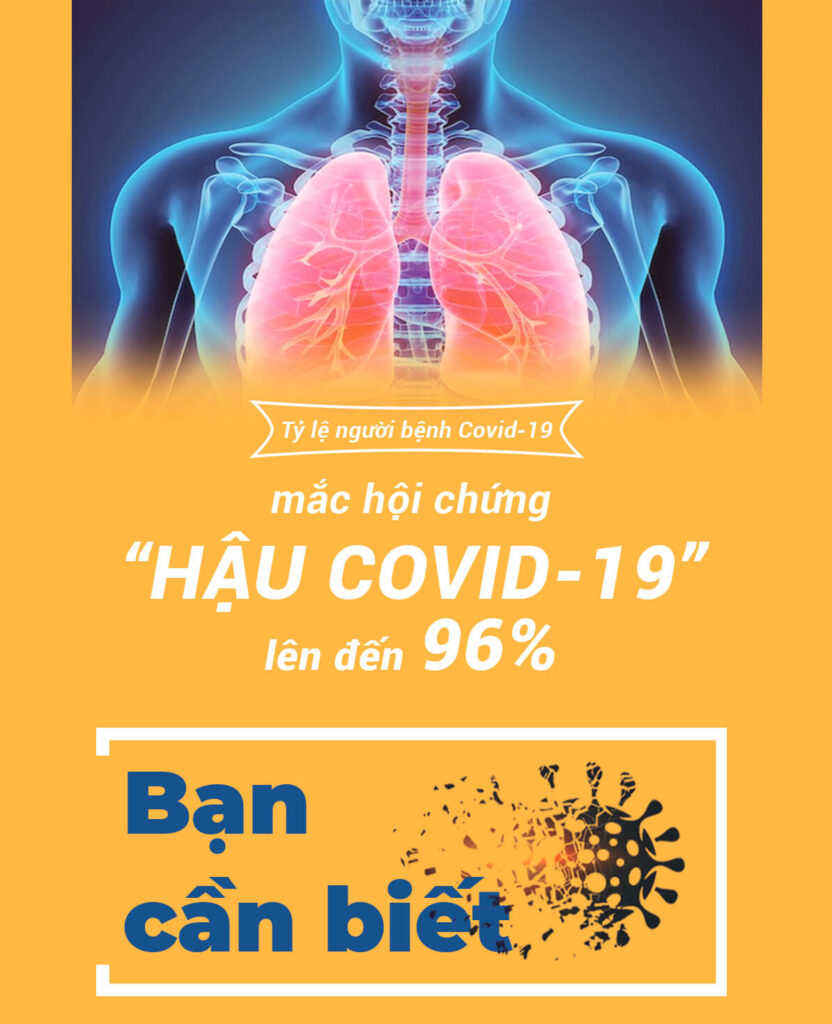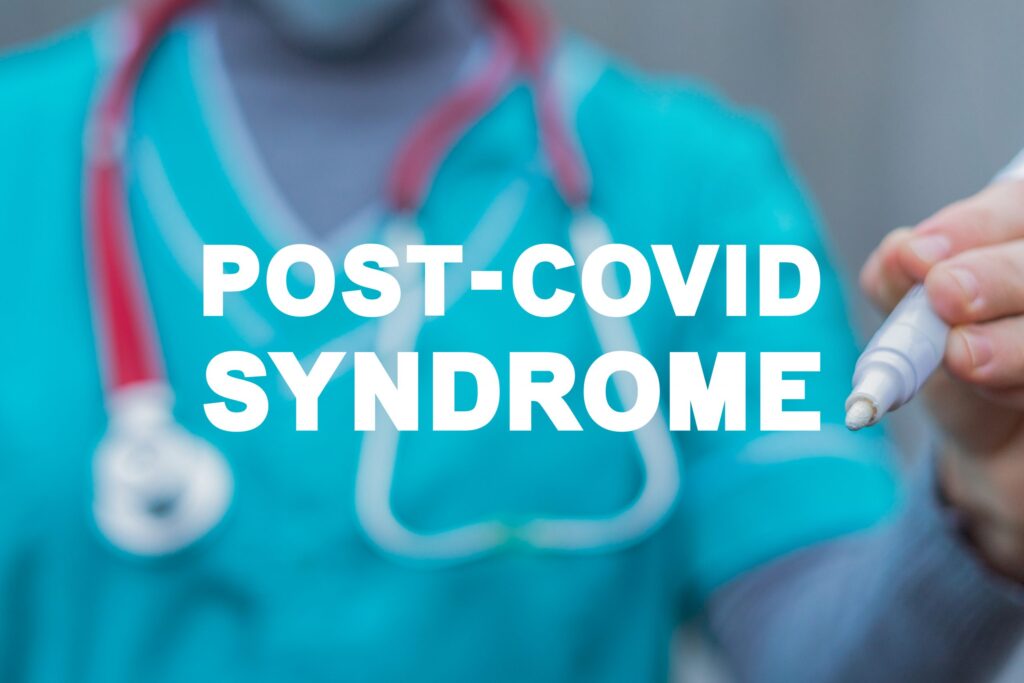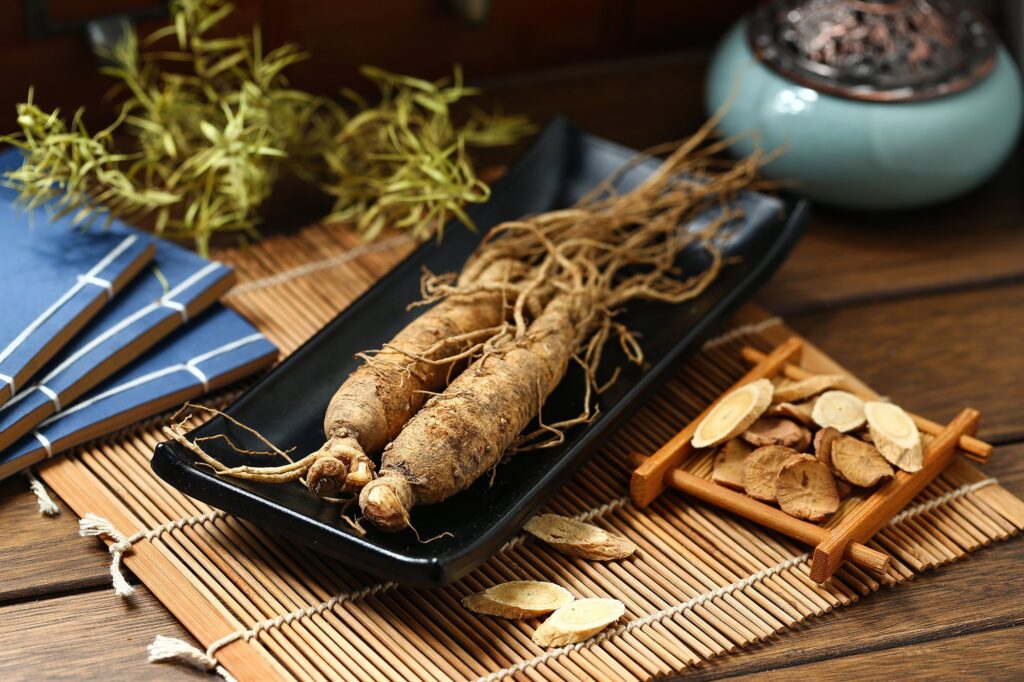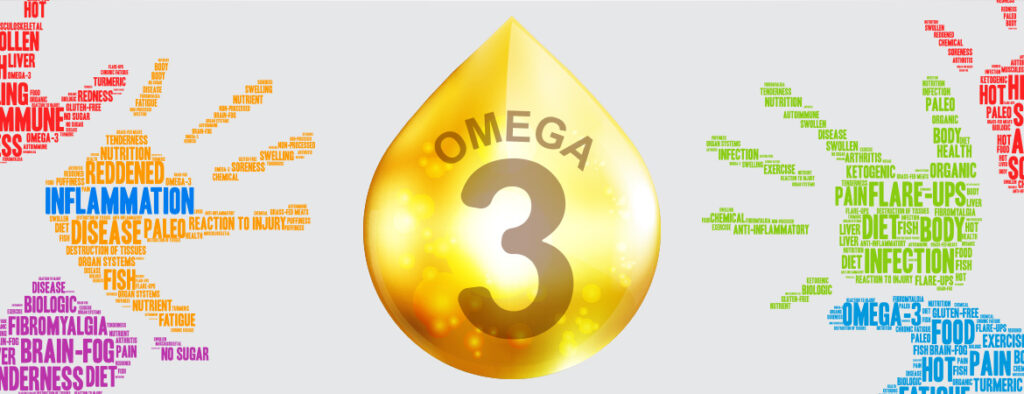RECOVERING FROM COVID – SIMPLE WAYS BUT EFFECTIVE
Although most people with COVID-19 get better within weeks of illness, some people experience post-COVID conditions. Post-COVID conditions can be happened four or more weeks after first being infected with the virus that causes COVID-19, could be a wide range of new, returning, or ongoing health old problems.
Even people who did not have COVID-19 symptoms in the days or weeks after they were infected can have post-COVID conditions. These conditions can present as different types and combinations of health problems for different lengths of time..
These post-COVID conditions may also be known as long COVID, long-haul COVID, post-acute COVID-19, long-term effects of COVID, or chronic COVID.
People commonly report experiencing different combinations of the following symptoms(1):
- Difficulty breathing or shortness of breath
- Tiredness or fatigue
- Symptoms that get worse after physical or mental activities (also known as post-exertional malaise)
- Difficulty thinking or concentrating (sometimes referred to as “brain fog”)
- Cough
- Chest or stomach pain
- Headache
- Fast-beating or pounding heart (also known as heart palpitations)
- Joint or muscle pain
- Pins-and-needles feeling
- Diarrhea
- Sleep problems
- Fever
- Dizziness on standing (lightheadedness)
- Rash
- Mood changes
- Change in smell or taste
- Changes in menstrual period cycles.
* The International Symptom Survey.(2),(3)
Having a post-COVID condition or supporting someone with a post-COVID condition can be challenging, especially when there are few or no immediate answers or solutions. Experts are still determining which types of medications or treatments can help to relieve the effects of these conditions.(4)
However, there are ways to help relieve some of the additional burdens of experiencing a new and unknown condition.
- Ways to Cope with Stress
Here are some steps you can do to help manage and cope with stress related to post-COVID(4):
- Take breaks from watching, reading, or listening to news stories, including social media. Hearing about the COVID-19 pandemic repeatedly can be upsetting.
- Take care of your body
- Take deep breaths, stretch, meditate or practice mindfulness.
- Try to eat healthy, well-balanced meals.
- Exercise, if you can. Listen to signs from your body.
- Get plenty of sleep.
- Avoid alcohol and drugs.
- Make time to unwind. If you feel able to, try to do some activities you enjoy: such as painting, chess, sewing, …
- Connect with others. Talk with people you trust about your concerns and how you are feeling.
- Supplementing with nutritious foods to improve physical health and enhance immune system
Here are some suggestions from nutritionists:
- Ginseng
Once you’ve recovered from COVID-19, your body needs support for quick healing. Some studies have shown that ginseng may promote quickly restore physical strength and help enhance tolerance ability from stimulation. Ginseng has also been shown to help fight fatigue and boost energy. Therefore, adding Ginseng to your diet is a beneficial way to reduce tiredness from post-COVID symptoms and promote physical health.(5),(6)
- Vitamin C
Vitamin C helps keep your immune system healthy. Vitamin C is found in many fruits and vegetables. Since vitamin C is water soluble and is used so often in your body, it is ideal to eat a food with vitamin C with each meal to ensure your body has the defense it needs. For example, drink orange juice with breakfast, or eat some guava/ kiwi for dessert.(7)
- Zinc
Zinc is another mineral essential for a healthy immune system. If you don’t get enough zinc, you are at a higher risk for infection. However, if you do get enough zinc, more is not better because of problems such as low copper levels and HDL-C levels (the “good” cholesterol). Zinc is found mostly in seafood and meat and, to a lesser extent, in yogurt, nuts and beans.(7)
- Omega-3
As you recover, your body may be experiencing a significant amount of inflammation as a result of fighting COVID-19 virus. Omega-3 may help with reducing excess inflammation. Provide omega-3s in this case would be helpful. Omega-3s are found mostly in fatty fish like salmon, tuna, sardines, herring,…. Chia seeds, ground flaxseeds and edamame provide a healthy type of omega-3s as well. Aim to eat fatty fish two times a week to reach your goals, and/or consider supplementing.(7)
- Hydration
Drinking enough water each day is crucial for many reasons: to regulate body temperature, keep joints lubricated, prevent infections, deliver nutrients to cells, and keep organs functioning properly. Being well-hydrated also improves sleep quality, cognition, and mood. As we get older, our thirst sensation is not as acute, and we tend to drink less. So, like eating, it is a good idea to drink on somewhat of a schedule. We actually absorb fluids better when we drink throughout the day rather than having a lot of fluid at once.(8),(9)
In conclusion, to overcome post-COVID conditions and regain your strength, lifestyle balance to control stress, establish a nutritious diet and enhance immune system are basical activities. Besides, keep protecting yourself and community by complying with 5K, reduce COVID re-infection risk.
Reference:
- https://www.cdc.gov/coronavirus/2019-ncov/long-term-effects/index.html
- https://www.neurologia.com/articulo/2021230/eng
- Davis HE, Assaf GS, McCorkell L, Wei H, Low RJ, Re’em Y, et al. Characterizing long COVID in an international cohort: 7 months of symptoms and their impact. medRxiv preprint. https://doi.org/10.1101/2020.12.24.20248802v2.full.pdf. Fecha última consulta: 08/05/2021
- https://www.cdc.gov/coronavirus/2019-ncov/long-term-effects/care-post-covid.html
- https://www.sciencedirect.com/science/article/pii/S1226845320301883
- https://www.healthline.com/nutrition/ginseng-benefits
- https://www.hss.edu/guide-COVID-19-nutritional-rehabilitation-restore-replenish.asp
- https://www.thehindu.com/life-and-style/food/the-post-covid-19-diet/article34656244.ece
- https://www.hsph.harvard.edu/news/hsph-in-the-news/the-importance-of-hydration/
- 1. THE EXPERT’S SHARING: THE KEY TO START A NEW DAY FULL OF ENERGY
- 2. GINSENG – “SPECIAL” HERBAL MEDICINE FOR FATIGUE PEOPLE
- 3. THE ROLE OF HERBAL IN INCREASING PHYSICAL & MENTAL HEALTH
- 4. TIPS FOR CHOOSING AUTHENTIC AND HIGH QUALITY CORDYCEPS SUPPLEMENTS
- 5. LIST OF 3 EFFECTIVE BRAIN SUPPLEMENT HERBALS
- 6. FATIGUE – WARNING SIGNS OF CHRONIC FATIGUE SYNDROM, YOU SHOULD KNOW?




